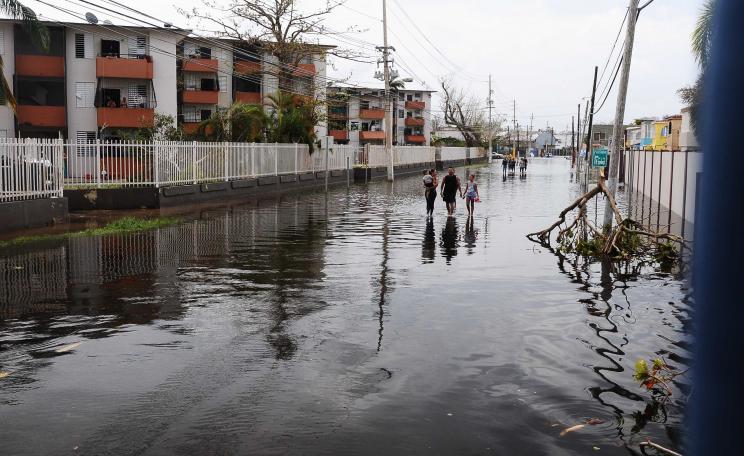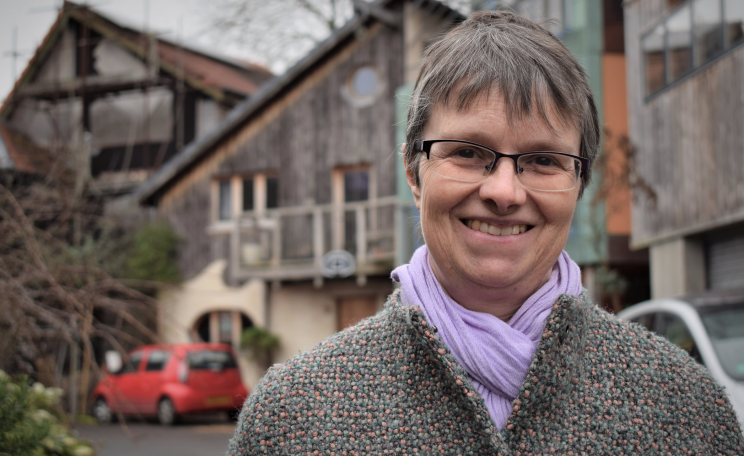-
Tory ministers have agreed to “carry forward” past “overperformance” in greenhouse gas emissions reductions so that they can pump more carbon into the atmosphere in future years.
The government is treating climate change like some sort of game in which greenhouse gas emissions are shuffled around between different time frames, rather than treated as contributing factors in a national and international emergency.
The use of past ‘successes’ in reducing emissions to relax the agreed limits up to 2027 has met with condemnation by the Committee on Climate Change.
Climate plans
The message from this government is clear: maximise carbon emissions within an agreed carbon budget rather than minimise them.
The UK government can't claim to be leaders in the field when it comes to tackling climate change. A recent analysis by the European Climate Foundation (ECF) - which looks at EU member states’ National Energy and Climate Plans (NECPs) - places the UK as 21st out of 28 EU members.
The ECF points to the UK lack of clear targets for emissions, renewable energy and energy efficiency, and a failure to specify when fossil fuel subsidies will be phased out.
NECPs are a requirement by all EU Member States under EU Governance Regulation. These plans are an opportunity for European countries to plot the transition to a zero-carbon society and to communicate the economic and social benefits which will come with such a transition.
The fact that the UK is near the bottom of the pile suggests that the government no longer cares because they believe that EU regulation will soon no longer apply to the UK. The danger posed to our climate and to efforts to tackle the climate emergency by leaving the EU is clear.
Carbon budget
The ECF report concludes that even top-ranked countries such as Spain, France, Greece and Sweden do not have fully formed maps that offer a climate secure future or live up to the spirit of the Paris Agreement.
The UK lagging at 21st position is a terrible indictment. Certainly, given the UK’s low ranking on its energy and climate plans, the government has no case to increase its carbon budget in future years.
The ECF urges that 2030 climate targets must "reflect the Paris-compatible objective of at least net zero greenhouse gas emissions by 2050".
The Green Party believes that we must aim higher as we face a climate emergency. The policies our seven UK Green MEPs will push for will aim to ensure we can achieve carbon neutrality by 2030.
To realise this, 100 percent of our energy generation must come from renewables; we must insulate millions of homes - which will also help stamp out fuel poverty; we must end the use of coal across Europe and make it illegal to subsidise fossil fuels. We must also agree EU wide carbon budgets and a carbon tax.
Future generations
In addition, we need to stop future airport expansion and end the tax advantages currently enjoyed by the aviation industry.
We believe a frequent flyer levy could raise funds to invest extensively in regional and cross-border railway networks and make travel by train more appealing than flying.
Finally, and fundamentally, in order to reap the benefits of the dramatic changes required in the way we live, work and travel we need to introduce a Green New Deal.
This economic package would bring an end to austerity and support the transition to a carbon-neutral circular economy with high skilled, well-paid jobs across the UK and Europe.
Teenage climate activist Greta Thunberg said of the European elections that you vote for the future living conditions of humankind. As Greens we pledge not to fiddle, tweak or shuffle around on climate change but to push for the bold policies that will safeguard the planet for future generations.
This Author
Molly Scott Cato is a Green MEP for the South West of England.







